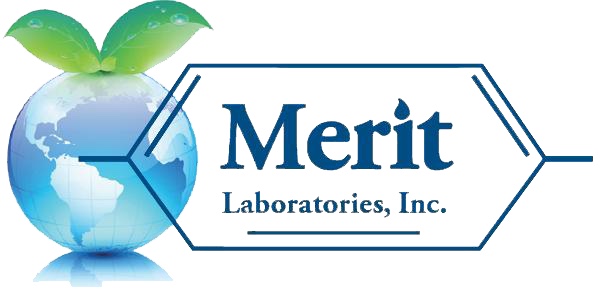The congressional bill recently introduced that would require the U.S. Geologic Survey to monitor for PFAS received a hearing on June 13th. The PFAS Detection Act, introduced in March, authorizes the U.S. Geologic Survey and the U.S. EPA to coordinate and develop PFAS testing standards. The bill requires that the USGS monitor for PFAS nationwide in water through a five-year, $45-million program.
Michigan EGLE PFAS Map Tracker Confirms Growing Number of PFAS Contaminated Sites
Residents can now track the locations of PFAS sites in Michigan, which continues to grow. According to the most recent update to the PFAS Map Tracker from the Michigan EGLE (formerly MDEQ), the number of confirmed PFAS contaminated sites has grown to 52. The PFAS site map shows sites spread across Michigan.
EPA Issues Guidance for PFAS Groundwater Contamination with Draft Interim Recommendations
2019 Bioremediation Symposium Brings Together 700 Professionals from 28 Countries
Michigan Sets New PFAS Health Screening Levels for Drinking Water
Michigan to Establish PFAS Drinking Water MCLs
The MDEQ has been directed by the governor to begin the process of creating PFAS drinking water standards. The MDEQ will file a Request for Rulemaking to establish maximum contaminant levels (MCLs). As part of the governor’s direction, the Michigan PFAS Action Response Team (MPART) will form a science advisory workgroup to review health-based drinking water standards to support the rulemaking process and make recommendations by July 1.
Additional 16 Locations Added to the Michigan PFAS Task Force List of Sites with Confirmed PFOA and PFOS Detections
The list continues to grow. The Michigan PFAS Action Response Team’s (MPART) list of sites where the MDEQ has confirmed detections of PFOA and PFOS in groundwater has grown by another 16 sites. The list now includes the following sites.
Senate Legislation Keeps PFAS on track to be Designated as Hazardous Substances under Superfund
The United States Senate introduced legislation that would classify PFAS chemicals as hazardous substances under the Superfund (CERLCA/SARA). The legislation, if enacted, provides an enforcement and cost recovery tool for the U.S. EPA to track down polluters and hold them responsible for clean-up costs associated with PFAS contamination.
Michigan PFAS Advisory Report Highlights Proactive Approach to Protecting State Residents
Last month, Merit Laboratories introduced you to the advisory report on the Scientific Evidence and Recommendations for Managing PFAS Contamination in Michigan. The report, authored by the Michigan PFAS Science Advisory Panel with support from state agency staff, provides a detailed look at Michigan’s PFAS contamination crisis.
U.S. EPA Releases First-Ever PFAS Action Plan
The U.S. Environmental Protection Agency (EPA) released its PFAS Action Plan for addressing the Per- and Polyfluoroalkyl Substances (PFAS) challenges facing the nation. The PFAS Action Plan addresses short-term solutions for addressing PFAS and long-term strategies that will help provide the tools and technologies needed to provide clean drinking water and address PFAS prevention and contaminant control at the source.













